
A Line in the Ledger: Federal Banking Agencies Issue Joint Statement on Crypto-Asset Safekeeping
On July 14, 2025, the OCC, Federal Reserve Board, and FDIC quietly issued a joint statement that may one day be remembered as a foundational moment in the formal convergence of traditional banking oversight and crypto infrastructure. The Statement on Crypto-Asset Safekeeping Risk Management sends a clear signal: if your institution intends to hold digital assets for clients, the expectations are not experimental — they are bank-grade.
FINRA Proposes Modernization of Rules Governing Member Firm Workplaces
On April 14, 2025, the Financial Industry Regulatory Authority (FINRA) issued Regulatory Notice 25-07, requesting comment on whether and how its rules, guidance, and processes governing the organization and supervision of member firm workplaces should be modernized to reflect significant shifts in industry operations. The comment deadline has been extended to July 14, 2025.
Treasury Postpones Effective Date of Investment Adviser AML Rule; Signals Broader Reassessment of Regulatory Framework
The U.S. Department of the Treasury’s Financial Crimes Enforcement Network (“FinCEN”) announced today its intent to postpone the effective date of its final rule imposing anti-money laundering (“AML”) and countering the financing of terrorism (“CFT”) requirements on investment advisers (the “IA AML Rule”). The new anticipated effective date is January 1, 2028, replacing the original date of January 1, 2026. In parallel, FinCEN indicated that it plans to revisit the scope and substance of the IA AML Rule through a renewed rulemaking process. The agency cited the need to appropriately tailor regulatory obligations to the varied business models and risk profiles present across the investment adviser sector, while also balancing implementation costs and regulatory clarity.
FINRA's $25K Rule Is on the Chopping Block: What a Lower PDT Threshold Could Mean for Retail Trading
The Financial Industry Regulatory Authority (FINRA) is reportedly preparing a seismic change to its pattern day trading (PDT) rule—a rule that, since 2001, has required investors to maintain a minimum $25,000 account balance to engage in more than three margin-based day trades in a rolling five-day period. Under a draft proposal is reportedly under internal review, that threshold may soon drop to just $2,000.
SEC Whistleblower Awards Slow Amid Record Denials and Heightened Scrutiny
The U.S. Securities and Exchange Commission’s (SEC) once-robust whistleblower program appears to be undergoing a shift. Recent data show a sharp decline in award approvals alongside a dramatic increase in denials, signaling that the Commission is elevating the bar for claimants and taking a more exacting approach to eligibility.

The WNBA Compensation Debate: Both Sides Have a Point — And That’s Exactly the Issue
There’s a knee-jerk reaction many people have when they hear that WNBA players want higher pay. They scoff. They quote profit margins. They cite low attendance numbers from five years ago. They say the league “loses money.” And for many years, that was true. The WNBA wasn’t a profitable enterprise — not by traditional P&L standards. But that’s not the full story. In fact, it’s not even the right metric anymore.
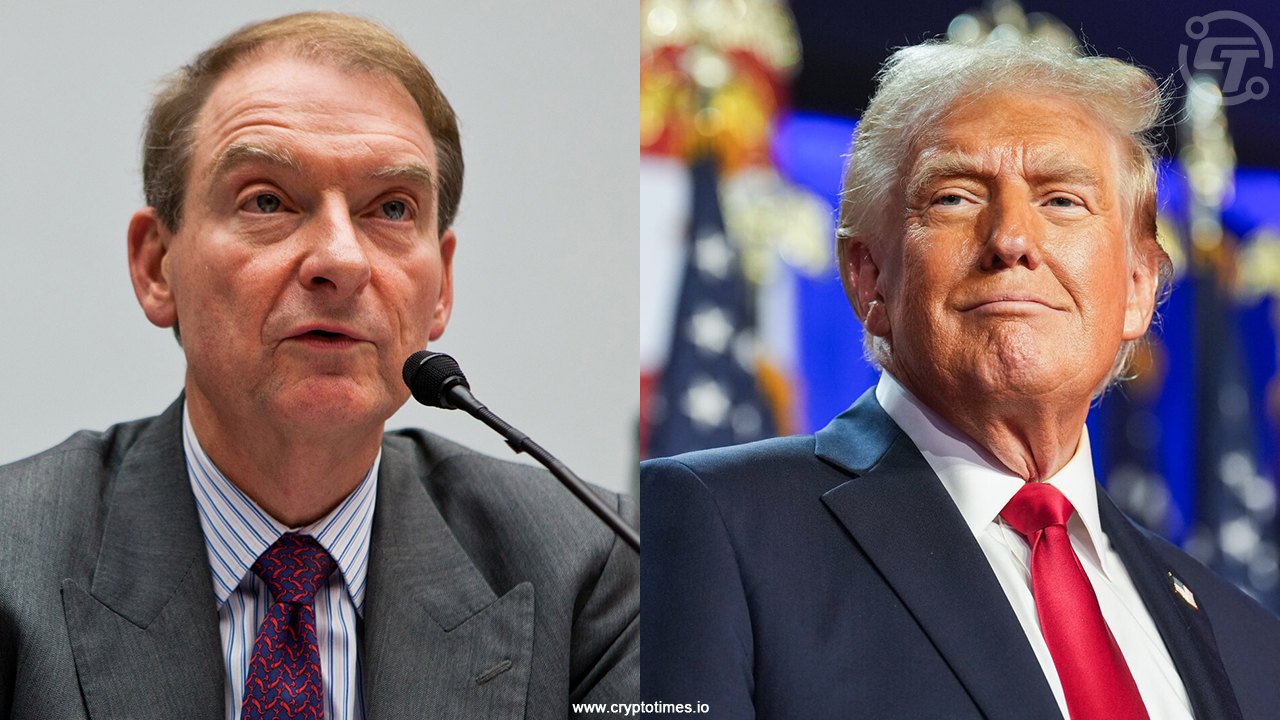
GENIUS Act Passes the House: A Defining Moment for U.S. Crypto Policy
Praised by SEC Chairman Paul S. Atkins in an official statement, the GENIUS Act reflects years of bipartisan effort to create a coherent legal framework for crypto asset innovation in the United States. The bill’s passage represents more than regulatory progress—it is a signal that U.S. policy is beginning to shift from enforcement-by-default to regulation-by-design.
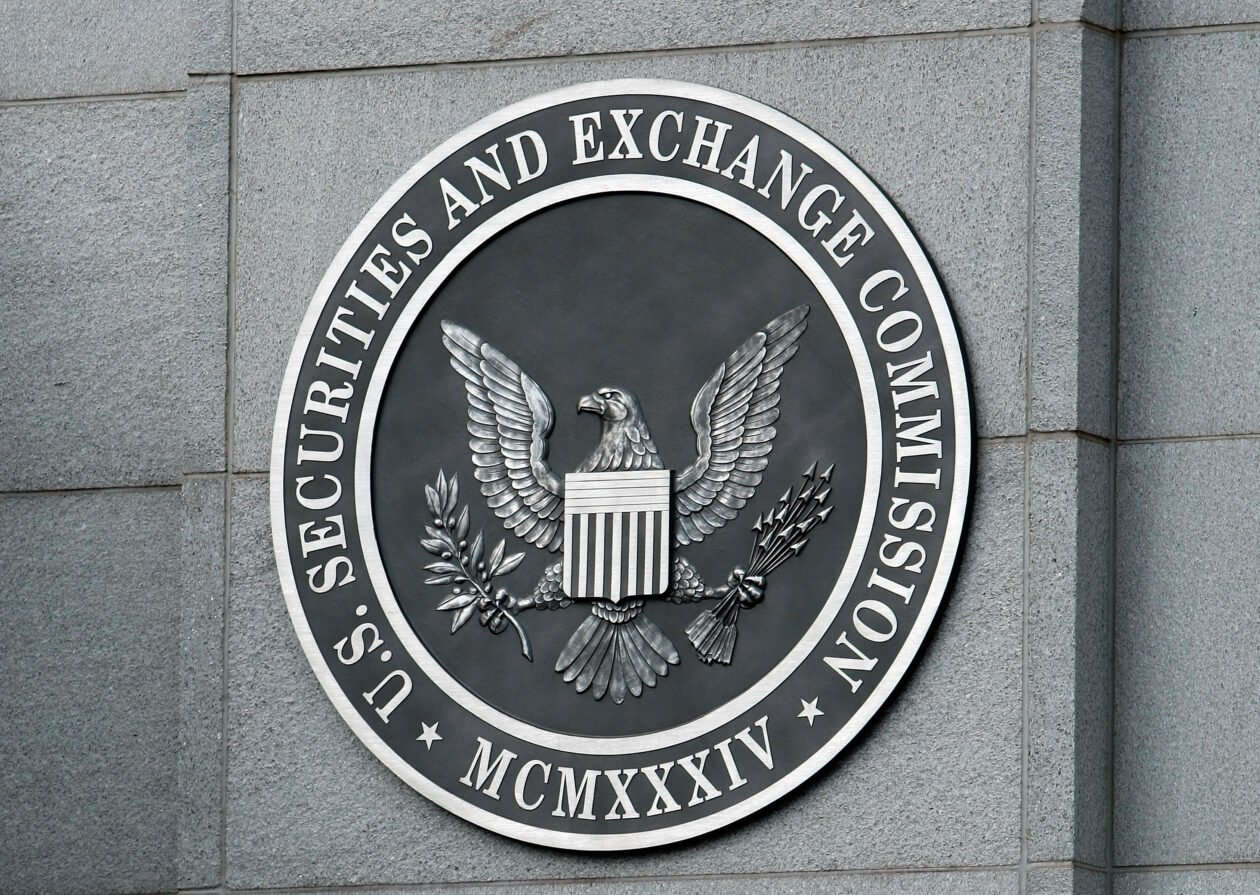
SEC Investor Advocate Outlines FY2026 Objectives: Focus on Retail Protection, Disclosure Efficacy, and Private Market Risks
On June 25, 2025, the Securities and Exchange Commission’s Office of the Investor Advocate submitted its annual Report to Congress, outlining the Office’s key policy objectives and areas of focus for Fiscal Year 2026. As retail participation in the markets continues to rise, the Investor Advocate’s priorities reflect a broader regulatory shift toward more data-driven investor protection efforts, disclosure modernization, and a closer examination of opaque market structures—including risks tied to private market exposure in retirement accounts and China-based issuers operating through variable interest entities (VIEs).
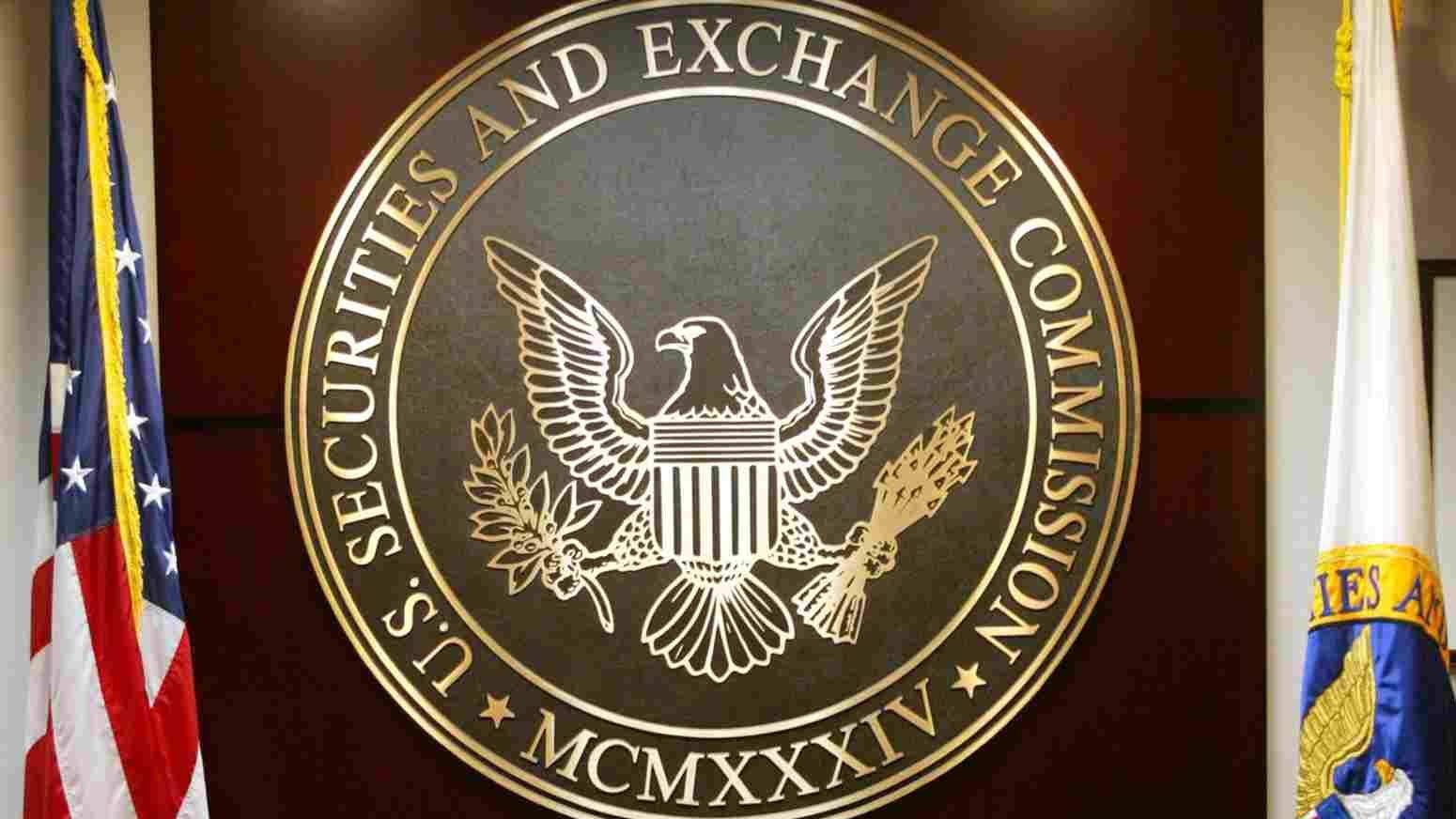
SEC Extends Compliance Date for Daily Reserve Computation Requirements Under Rule 15c3-3
On June 25, 2025, the Securities and Exchange Commission announced an extension of the compliance deadline for broker-dealers subject to its December 2024 amendments to Rule 15c3-3—the Customer Protection Rule. The amendments require certain broker-dealers to compute reserve requirements daily rather than weekly. The new compliance deadline has been extended from December 31, 2025, to June 30, 2026, providing firms with six additional months to complete the transition.
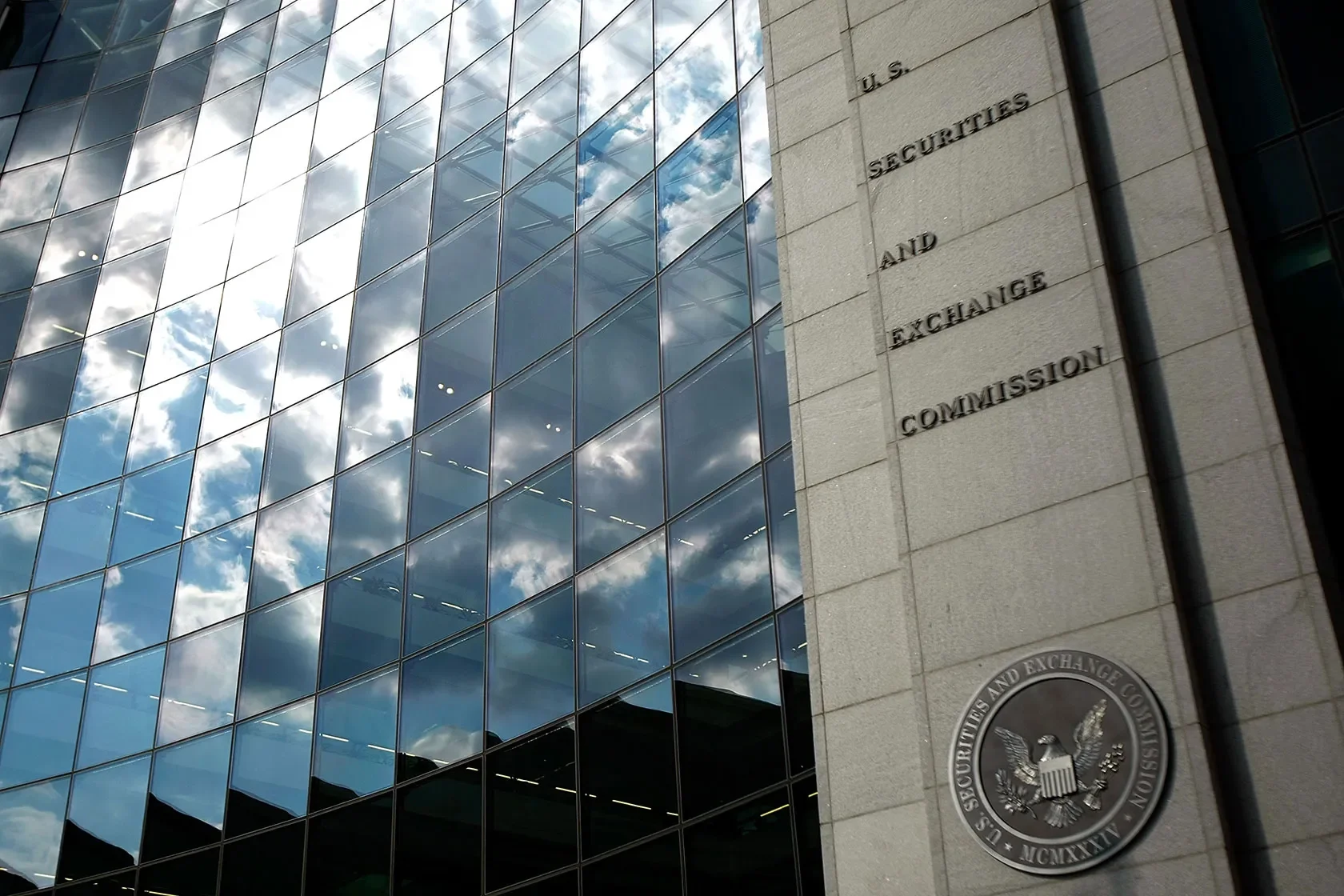
SEC Releases Data on Broker-Dealers, M&A Activity, and Business Development Companies
On June 26, 2025, the SEC’s Division of Economic and Risk Analysis (DERA) published three detailed reports providing updated data and analysis on broker-dealers, mergers and acquisitions (M&A), and business development companies (BDCs). These reports are part of the agency’s ongoing effort to enhance transparency and provide market participants with relevant data to support regulatory and commercial decision-making.

Regulation A and the Role of Finders: A Fresh Look at an Old Dilemma
The SEC’s Small Business Capital Formation Advisory Committee will convene on July 22, 2025, to revisit two of the most important—yet perennially underdeveloped—components of the U.S. private capital markets: Regulation A and the regulatory treatment of “finders.” Both topics go to the heart of one of the SEC’s toughest policy challenges: how to responsibly expand capital access for small and emerging businesses without sacrificing investor protection.
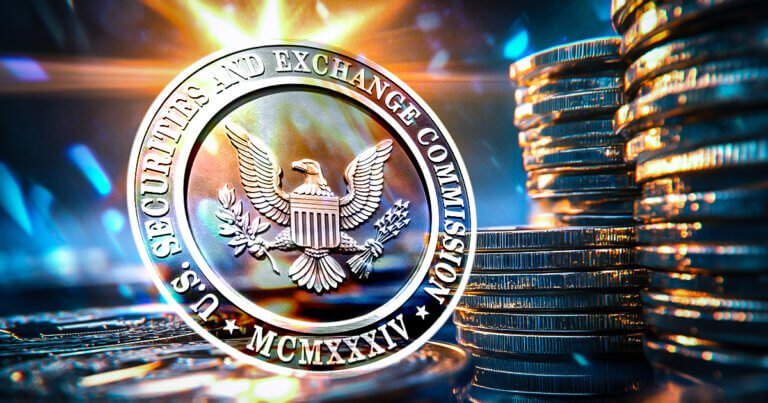
New Frontiers, Old Rules: SEC Staff Outlines Disclosure Expectations for Crypto Asset ETPs
On July 1, 2025, the SEC’s Division of Corporation Finance issued a comprehensive staff statement clarifying its views on disclosure obligations under the federal securities laws for issuers of crypto asset exchange-traded products (ETPs). While the products themselves represent novel financial structures—trust-based vehicles holding spot crypto or derivatives—the statement emphasizes continuity in legal obligations: crypto ETP issuers must adhere to well-established disclosure requirements under the Securities Act of 1933 and the Securities Exchange Act of 1934.

Tokenization Reality Check: Commissioner Peirce’s July 2025 Statement
For me and other experts who practice in this space, this was a bit of a "well duh" moment. But given the culminating momentum in the crypto space following the increasingly positive sentiment overall towards the digital assets industry, the Commission was right to make this clear. In a clear-eyed statement issued July 9, 2025, SEC Commissioner Hester M. Peirce addressed the increasing prevalence of tokenized securities, emphasizing that while the underlying technology may be novel, the applicable laws are not.
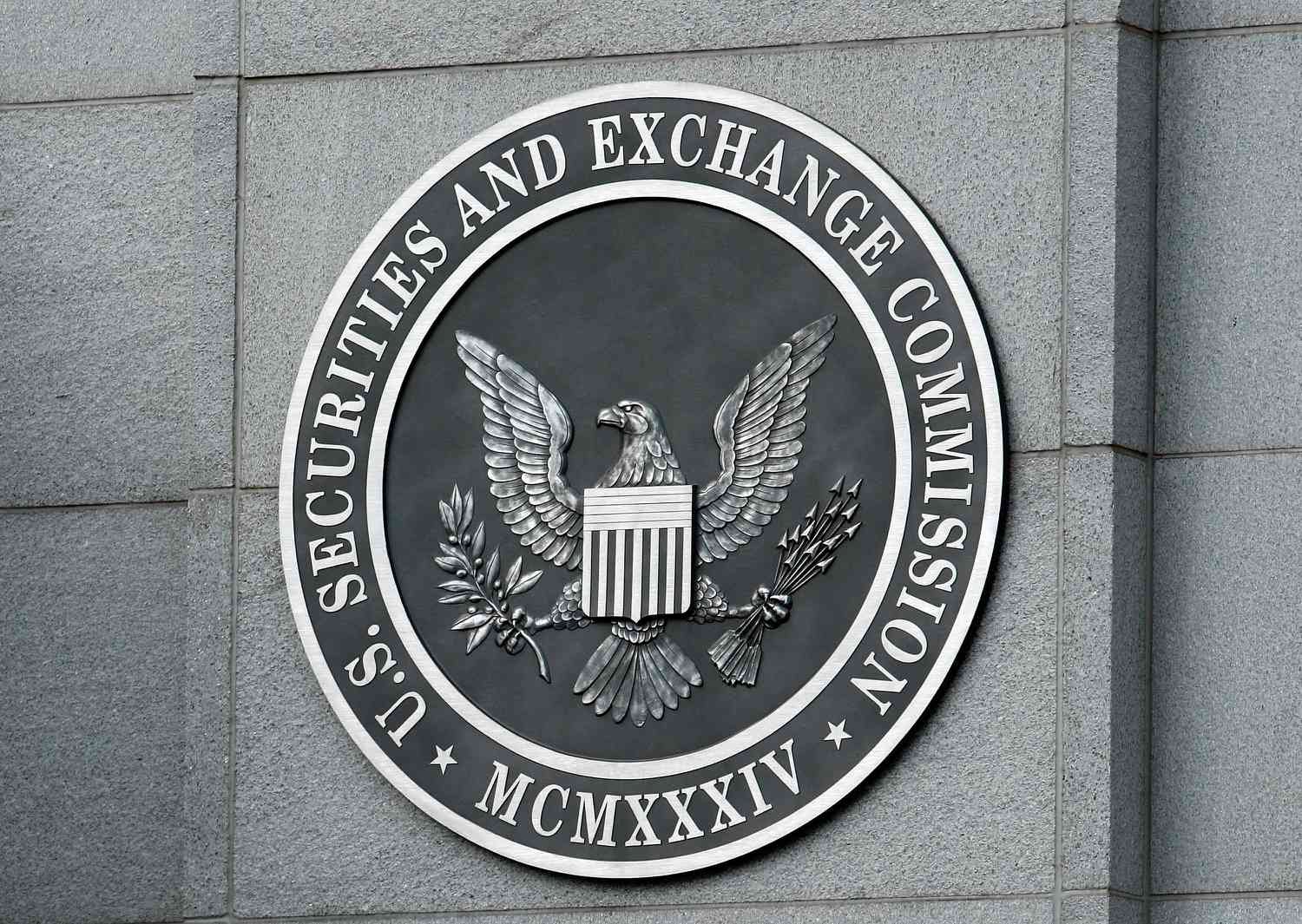
Crypto in Transition: A Regulatory Crossroads for Digital Assets, Tokenization, and ETPs
The digital asset ecosystem is entering a defining period—where legislative clarity, regulatory nuance, and litigation risk are converging. As crypto markets stabilize following years of enforcement-heavy scrutiny, U.S. regulators are offering more detailed guidance. New legislation and thoughtful statements from key regulators point toward a maturing legal environment—one that retains rigor while opening pathways for innovation. At the same time, market participants must navigate a shifting landscape marked by technological complexity, state-level litigation risks, and intensifying disclosure obligations.
This update provides a unified view of where the industry is now—from Congress and the SEC to private litigation—and what legal counsel should be preparing for next.

Regulatory Update: SEC Staff Guidance Eases Broker-Dealer Path Into Digital Asset Markets
On May 15, 2025, the U.S. Securities and Exchange Commission’s Division of Trading and Markets (“Staff”) published a set of Frequently Asked Questions (FAQs) offering long-awaited clarity for SEC-registered broker-dealers and transfer agents engaging in crypto asset-related activities.
Issued alongside FINRA and accompanied by the formal withdrawal of the 2019 Joint Staff Statement on Broker-Dealer Custody of Digital Asset Securities, this update is a meaningful step forward. It signals the Staff’s intent to move past defensive postures and toward practical, systems-level integration of crypto asset infrastructure into the legacy securities framework.
To be clear: the FAQs don’t alter statutory obligations or override the SEC’s 2020 Special Purpose Broker-Dealer (“SPBD”) Statement. But what they do provide is a viable, operational path for traditional broker-dealers to custody crypto asset securities—without siloed carveouts or regulatory acrobatics.
Let’s break down what matters, and why this shift should be on the radar of every compliance officer, digital asset GC, and prime services executive with an eye on the evolving intersection of finance and blockchain.

Tokens, Forwards, and the Illusion of Equity: What Republic's SpaceX Deal Tells Us About Modern Securities Innovation
Matt Levine’s latest Money Stuff column dissects a fascinating and increasingly common financial arrangement that blurs the line between traditional equity, tokenized instruments, and synthetic exposure: Republic’s tokenized forward tied to SpaceX stock.

SEC Reevaluates Controversial Market Surveillance Tool Amid Legal and Industry Pushback
In a move that signals regulatory recalibration, the Securities and Exchange Commission (SEC) has paused litigation surrounding its Consolidated Audit Trail (CAT) — a long-debated, market-wide surveillance system that has drawn growing criticism from investors, industry participants, and conservative watchdogs. The SEC’s pause suggests that the agency may be open to modifying or even scaling back one of the most ambitious trade monitoring initiatives in modern market history.

Judge Rejects SEC and Ripple’s Joint Bid to Reduce Fine and Vacate Injunction
In a striking rebuke to both a federal agency and a prominent digital asset firm, U.S. District Judge Analisa Torres has rejected a joint motion by the Securities and Exchange Commission (SEC) and Ripple Labs to finalize a reduced civil penalty and vacate a previously imposed injunction in their high-profile enforcement battle. The ruling underscores the limits of private settlement power in the face of final judicial determinations and reinforces the judiciary’s role in upholding statutory mandates — especially in cases involving violations of the federal securities laws.

Ripple and SEC Seek to Resolve Civil Penalty Dispute with $75M Release to Ripple
In a notable shift toward final resolution, Ripple Labs and the U.S. Securities and Exchange Commission (SEC) have jointly filed a motion in the U.S. District Court for the Southern District of New York seeking to modify the judgment in their long-standing enforcement matter and release funds held in escrow. Under the proposed stipulation, $125 million in civil penalties previously imposed on Ripple would be partially redistributed—$50 million paid to the SEC, with the remaining $75 million returned to Ripple.

DOJ Charges Amalgam Founder With Crypto Fraud: A Case Study in Deception
The Justice Department has unsealed criminal charges against Jeremy Jordan-Jones, alleged founder of the now-defunct crypto venture Amalgam, accusing him of orchestrating a $1 million investor fraud built on fabricated partnerships, fictitious technology, and the trappings of blockchain legitimacy.
The indictment is the latest in a growing string of federal enforcement actions targeting fraudulent schemes masquerading as legitimate digital asset businesses. The message from prosecutors is clear: the novelty of blockchain will not shield bad actors from traditional fraud charges.
